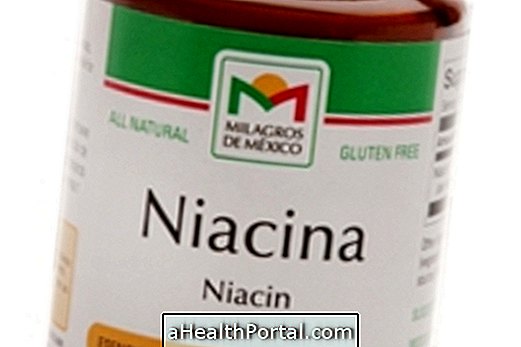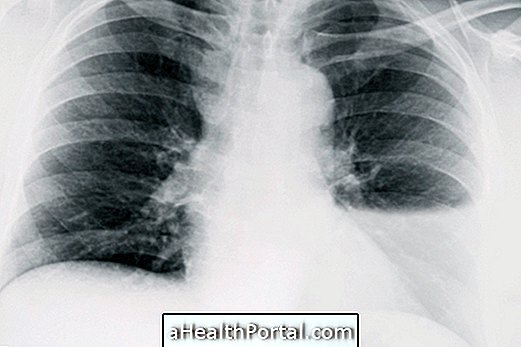The trapped gut, also known as constipation, is a health problem that can affect anyone but is more common in women. This problem causes feces to become trapped and accumulated in the intestine, thus having a greater difficulty to slip, which can lead to the appearance of other symptoms such as swollen belly, excess gas and abdominal pain and discomfort.
Constipation can be aggravated or caused by a sedentary lifestyle and a diet low in fiber, vegetables, fruits and vegetables, which makes the intestine lazy and difficult to function.
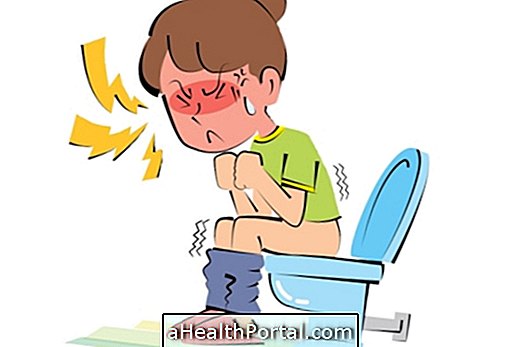
What to Do to Release the Intestine
To loosen the intestine it is important to eat vegetables and vegetables like spinach, spinach, lettuce, pod, broccoli, cauliflower, pumpkin, cabbage, carrot and beet at lunch and dinner and whenever possible raw. In addition, it is important for breakfast and during the day to eat fruits such as papaya, kiwi, plum, orange, pineapple, mandarin, peach or grapes with peel, for example, which are high in fiber and water, favoring the intestine. See other foods that help improve the bowel.
Seeds and whole grains such as flaxseed, chia, oatmeal, sesame, wheat bran or pumpkin seed are also great natural options that help the bowel to function, and which can be added for breakfast or afternoon snack. They are important because they are an excellent natural source of fibers for the body.
In addition, it is very important to drink at least 1.5 to 2.5 L of water per day, especially if you increase fiber intake, as it also helps regulate the bowel. If you find it difficult to drink water, watch this video from our nutritionist who helps you practice techniques to drink more water:

Complications Caused by Belly Pruning
When the intestine malfunctions, the stool can pass a few days in the intestine which causes them to become harder and dehydrated, which makes it difficult to get out and favors the appearance of anal fissures or hemorrhoids. In addition, in some cases this problem can also prevent the rise of good cholesterol in the body, as there is no correct fermentation of feces.
In more severe cases, when the constipation is not treated it can evolve and cause severe bowel obstruction, which can only be treated through surgery. It is generally recommended to go to the hospital when constipation lasts for more than 10 days or when there are symptoms of abdominal pain and discomfort and major swelling of the belly.

Laxative Remedies for Stomach Impairment
Some laxative remedies that can be used to treat constipation include:
- Milk of magnesia
- Benestare
- Almeida Prado 46
- Senan
- Agiolax
- Bisalax
- Colact
- Metamucil
- Guttalax Drops
- Mineral oil
These remedies should be taken at night, before going to sleep so that they can take effect at night and should only be used under medical advice or in cases of extreme need. This is because its excessive and uncontrolled use can make the intestine even more lazy because it gets used to being stimulated to function.
The ideal is to always try to treat this problem through changes in diet and through the ingestion of natural teas with laxative effect such as black plum or Sene tea for example. Meet 4 powerful teas with laxative effect by clicking here.
Foods That Hold the Intestine
An important rule to keep constipation under control is to reduce or avoid the consumption of food that holds the intestine, such as:
- Guava;
- Sweets;
- Pastas;
- Potato;
- Bean;
- White bread;
- Fast Food;
Most of these foods are high in carbohydrates, which helps to make the intestine more stuck and so should be ingested in moderation so as not to aggravate the problem. In addition, drinks with sugar or gas should also be avoided, as they also end up freaking out constipation.



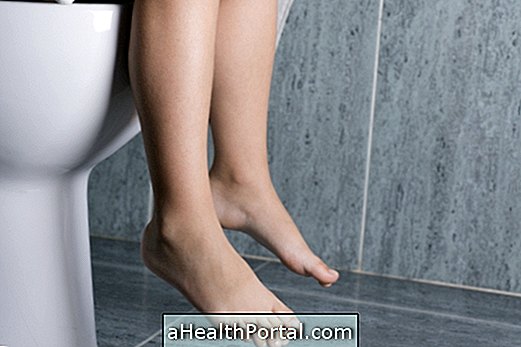
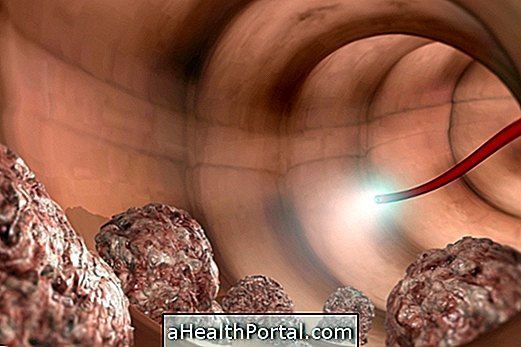



.jpg)









